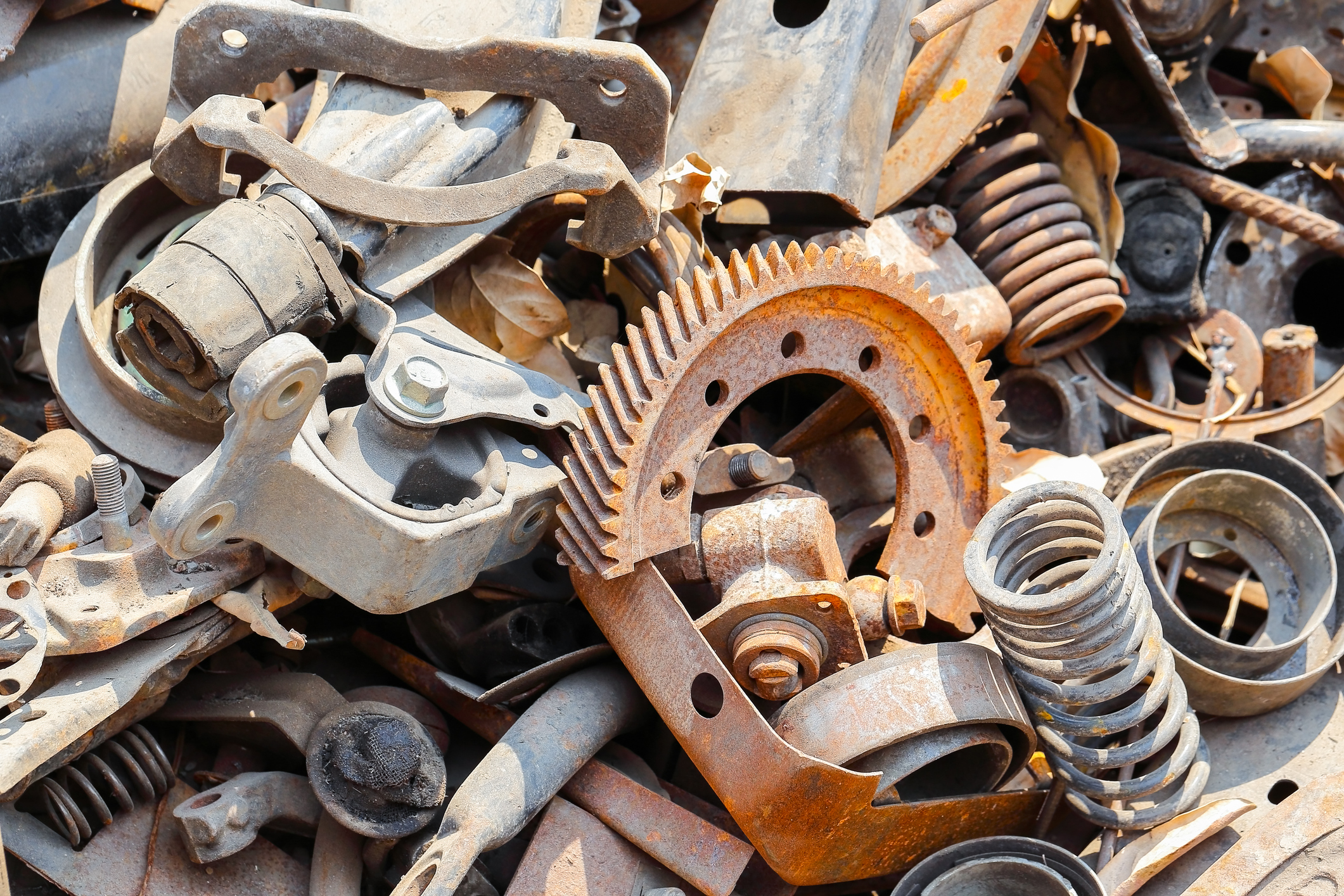EU Puts Metal Scrap Flows Under Customs Surveillance to Curb “Leakage” and Safeguard Supply

The European Commission has activated a customs surveillance mechanism to track imports and exports of metal waste and scrap entering and leaving the EU, covering ferrous (including steel), aluminium and copper scrap, according to a notice from the Commission. The move is framed as an immediate deliverable of the Steel and Metal Action Plan (SMAP), which the Commission adopted on 19 March, and is aimed at shoring up the competitiveness and decarbonisation pathway of Europe’s metals industries.
According to the Commission, Europe is currently facing a tightening availability of recyclable scrap, in part due to persistent “scrap leakage” to third countries. The situation could be aggravated by the United States’ 50% tariff on a broad range of steel and aluminium products (scrap excluded), which may lift global primary metal prices and increase incentives to ship EU scrap abroad.
Circularity as a pillar of decarbonisation
The SMAP puts metal circularity at the centre of the EU’s industrial transition, aligning with the Commission’s proposal to cut net greenhouse-gas emissions by 90% by 2040 compared with 1990 levels. By ensuring that more scrap is retained and efficiently recycled inside the bloc, Brussels argues it can both lower the sector’s carbon footprint and reinforce strategic autonomy in critical raw materials.
What the surveillance system will do
According to the Commission’s official website, the surveillance tool will deliver more structured and granular trade data on scrap inflows and outflows. This will enable the executive to consider targeted trade measures if needed to prevent shortages, strengthen resilience, and maintain a sustainable supply of secondary raw materials to EU smelters, refiners and steelmakers.
In parallel, the Commission is working with industry stakeholders to refine the product classification of scrap into key categories, thereby improving data quality and policy responsiveness.
Brussels plans to review the import–export evidence and decide whether further action is warranted by the end of the third quarter of 2025, the Commission said. Monthly trade statistics on metal scrap are publicly available and regularly updated to ensure timely and transparent disclosure of market flows.
Source: European Commission






